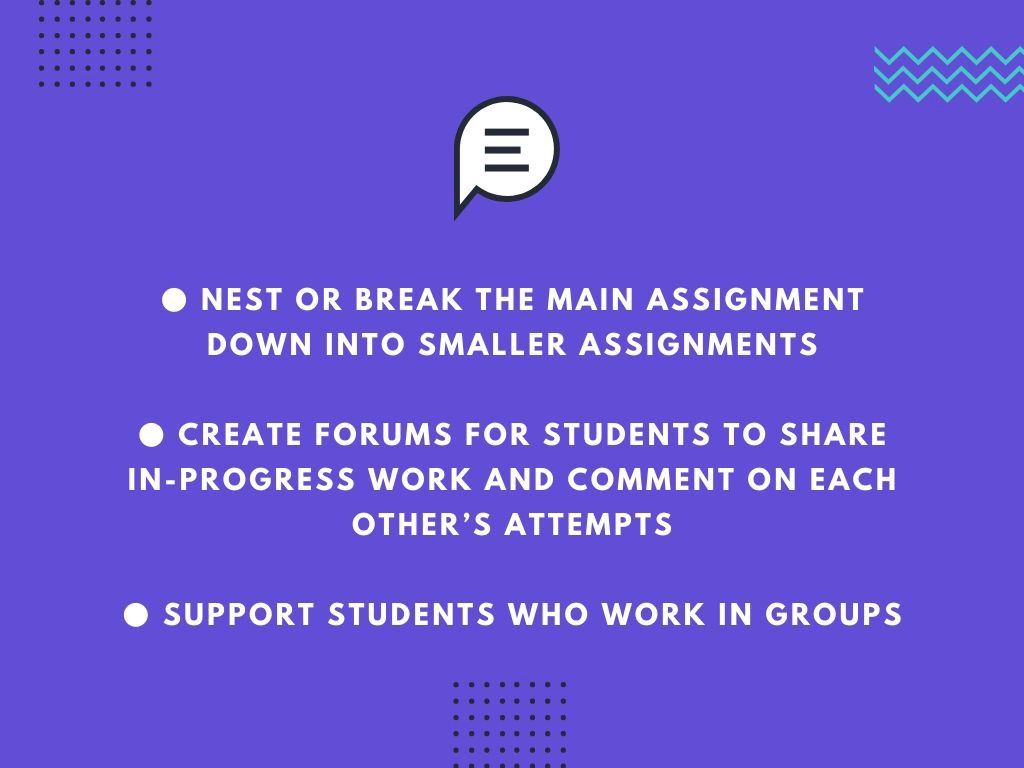Grading is a necessary part of the teaching process, but how might instructors cope with the feeling that all that work sometimes seems to be for nothing?
A recent article in University Affairs about feedback for university students identified the age-old problem with writing comments on student papers: they often don't read them. In many cases, we know this because they don't come to collect the marked paper copies. In a recent study using learning management systems, the authors know this because they could trace electronically what students read and didn't read. I responded to the article in a recent podcast, and in this piece I want to expand on what I said there.
None of this should be news. Instructors have been wasting their time for decades because, at least in part, they believe that they are paid to make those comments and they aren't doing their job if they don't provide them. That is, they focus on the "teaching" part of the "teaching and learning" collocation. Let's focus on the second term, learning, instead. How can we provide feedback that contributes to learning?

If you are the instructor of a course, the first thing to do is establish a time budget for giving feedback: how much time are you going to spend giving feedback (including marking and responding to all written work in the course)? Once you have that number, make a rough guesstimate of how long it would take you to evaluate (that is, give a grade to, or provide summative feedback) the major paper or project in the course. Subtract that from the total amount of time you have for feedback, and then focus on how to use the remaining time to give formative feedback (feedback given before an assignment is turned in for grading).
Here are three strategies to incorporate formative feedback into your course:
- nest or break the main assignment down into smaller assignments;
- create forums for students to share in-progress work and comment on each other's; and attempts
- support students who work in groups.
If you break the major assignment down into smaller parts - for example, have students write a one-paragraph topic proposal - then you can help them narrow a topic or avoid inappropriate topics early in the writing process. You can also mark these as pass/fail assignments and quickly validate the direction of their work early on. If you also have students post these paragraphs within the learning management system or in a shared folder online, you can also provide opportunities for weaker students to see what might make for a better topic and/or approach to a topic. Another idea for a short assignment is an annotated bibliography of sources, something that could also be shared profitably.
Some instructors worry that having students share their in-progress work will lead to plagiarism or copying. If you have students post their work where it is time stamped I think you'll find that it is clear where ideas originated. Another possibility that might emerge is the potential for "natural" groups to form, with several students collaborating on a larger, team project. This can lead to negotiations between the instructor and the teams about what a team project might look like and all the details the instructor would like covered. I recommend group contracts to make this process go smoothly.

Recent research into peer feedback demonstrates the value it has both for the student who gets the feedback as well as for the student who gives the feedback. By creating opportunities for students to comment on each other's' efforts, you support their learning. You can spend your time validating their efforts or perhaps weighing in with your own comments when appropriate. My experience has been that the students, if given a grading rubric or guidelines for giving feedback, will do most of the work here.
It's important to note the gap between what students mean by feedback (what counts as feedback for them) and what instructors mean by feedback (which tends to be a broader category). It reminds me of some students who, in their responses to surveys about the blended learning courses they took, argued that instructors were not doing their jobs - which seemed, in the eyes of some students, to be lecturing at the front of the room. Early in the term it might be useful for instructors to clarify what kinds of feedback they plan to give, why they chose that strategy, and when students can look for it.
If you can create shorter assignments that can be graded more simply and quickly (pass/fail), if you create opportunities for peer feedback, and if you support groups of students working collaboratively, you will save time when you provide summative feedback at the end of the course or when the major project is evaluated. Provide only brief comments on the final paper; provide your formative comments during peer review.
Using these three strategies can help your students learn more, and that, after all, is the goal of good teaching.
Listen to the episode "Feedback About Feedback" on the Teaching Writing: Ideas and Strategies podcast.

About Roger
Roger Graves is professor in the Department of English and Film Studies, the director of Writing Across the Curriculum, and the associate director of the Centre for Teaching and Learning at the University of Alberta. He is the author, co-author, or editor of eight books and more than 30 articles, including Writing Assignments Across University Disciplines and Writing Instruction in Canadian Universities. He is a member of the editorial board for the IEEE Proceedings on Technical Communication, and publisher of Inkshed Publications. His current research interests include writing assignments across disciplinary fields and the gamification of peer response systems in writing classrooms. Since 2008 he has given more than 300 public presentations locally, nationally, and internationally. You can find more articles by him on on wecanwrite.ca, Twitter at @rogergraves; or on LinkedIn.
